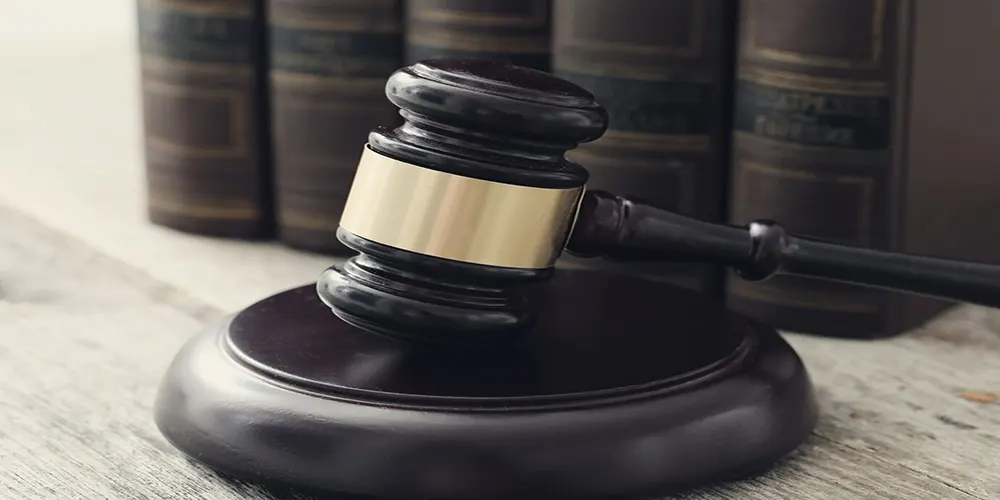

Understanding Criminal Laws: An Overview
29/04/2024 Clara Anderson 854
Criminal law is a branch of law that deals with crimes and their punishment. It is a set of rules and regulations that govern the behavior of individuals and groups in society. The main objective of criminal law is to maintain order, protect the rights and safety of individuals, and uphold the values of society.
Definition of Criminal Law
Criminal law is a body of law that defines crimes, prescribes punishments for criminal acts, and outlines the procedures for prosecuting and defending criminal cases. It is a system of laws that is enforced by the state or federal government, and it is designed to protect society from harmful actions.
Types of Crimes
Criminal law categorizes crimes into two main categories: felonies and misdemeanors. Felonies are more serious crimes, such as murder, rape, and robbery, and they are punishable by imprisonment for more than one year. Misdemeanors are less serious crimes, such as petty theft, disorderly conduct, and traffic violations, and they are punishable by imprisonment for less than one year or by a fine.
Elements of a Crime
To be considered a crime, an act must meet certain legal requirements, known as the elements of a crime. These elements typically include:
-
Actus reus: The physical act or conduct that is prohibited by law.
-
Mens rea: The mental state or intent required for the act to be considered a crime.
-
Concurrence: The act and intent must occur at the same time.
-
Causation: The act must be the direct cause of the harm or injury.
-
Harm: The act must result in harm to another person, property, or society.
Criminal Procedure
Criminal procedure is the process by which criminal cases are investigated, prosecuted, and adjudicated. It includes the following stages:
-
Investigation: The police gather evidence and investigate the crime.
-
Arrest: The police arrest the suspect if there is probable cause to believe that they have committed a crime.
-
Charging: The prosecutor files charges against the suspect based on the evidence gathered during the investigation.
-
Arraignment: The suspect is brought before a judge and informed of the charges against them.
-
Preliminary Hearing: The judge determines whether there is enough evidence to proceed to trial.
-
Trial: The case is presented to a jury, who decides whether the defendant is guilty or not guilty.
-
Sentencing: If the defendant is found guilty, the judge imposes a sentence.
Punishments for Crimes
The punishment for a crime depends on the severity of the offense and the jurisdiction in which it occurred. Punishments for crimes can include:
-
Fines: A monetary penalty imposed on the defendant.
-
Probation: A period of supervised release in which the defendant must comply with certain conditions.
-
Community Service: Unpaid work performed for the benefit of the community.
-
Imprisonment: Confinement in a prison or jail for a specified period of time.
-
Death Penalty: In some jurisdictions, the death penalty is imposed for the most serious crimes, such as murder.
Criminal law is a complex and important area of law that plays a crucial role in maintaining order and protecting the rights and safety of individuals in society. Understanding criminal law can help individuals make informed decisions about their behavior and avoid engaging in activities that could result in criminal charges. It can also help victims of crime understand their rights and the legal process for seeking justice. Whether you are a victim of crime, a witness, or someone who has been accused of a crime, it is important to seek the advice of a qualified attorney to help you navigate the complexities of the criminal justice system.
Recent Blogs
Effective Strategies for Man ...
09/01/2025 1306
The Role of Credit Insurance ...
07/01/2025 494
The Rights and Protections f ...
05/01/2025 854
Comparing Global Tax Systems ...
03/01/2025 835
External Training and Certif ...
01/01/2025 503
Trending Blogs
Collective Bargaining and Un ...
30/06/2024 13567
Collision Insurance: Coverag ...
19/05/2024 13120
Introduction to Financial La ...
07/04/2024 13039
Introduction to Immigration ...
11/04/2024 12882
Self-Employment Income: Star ...
19/04/2024 12727











